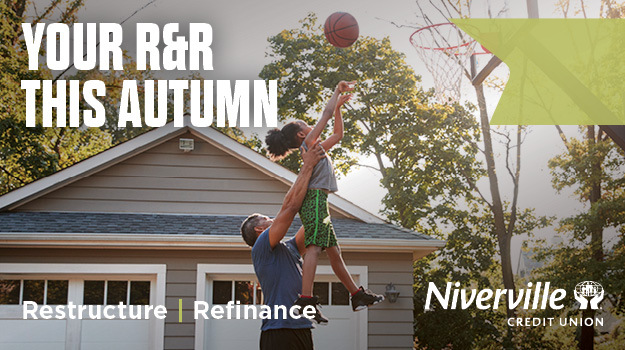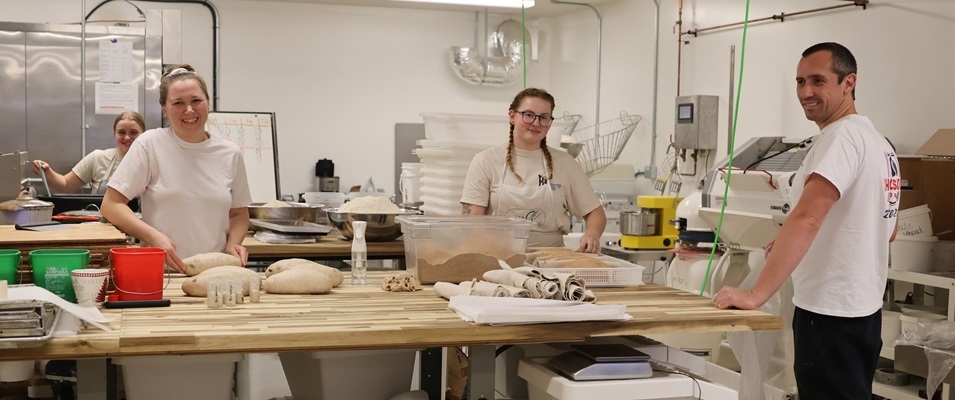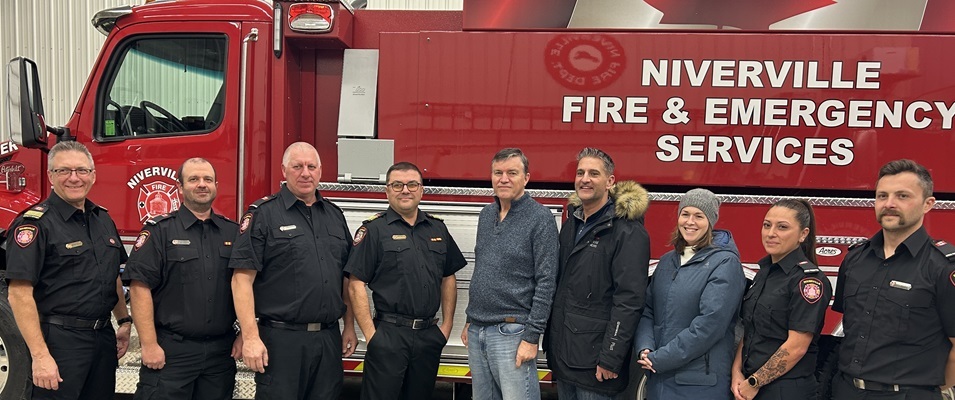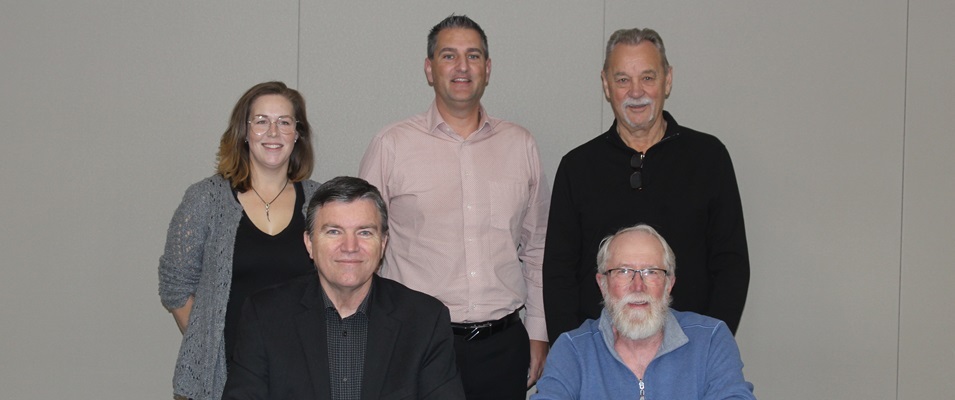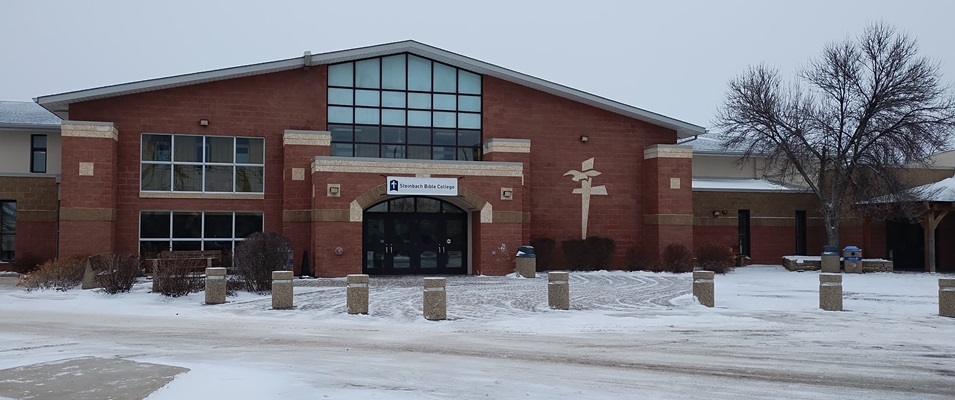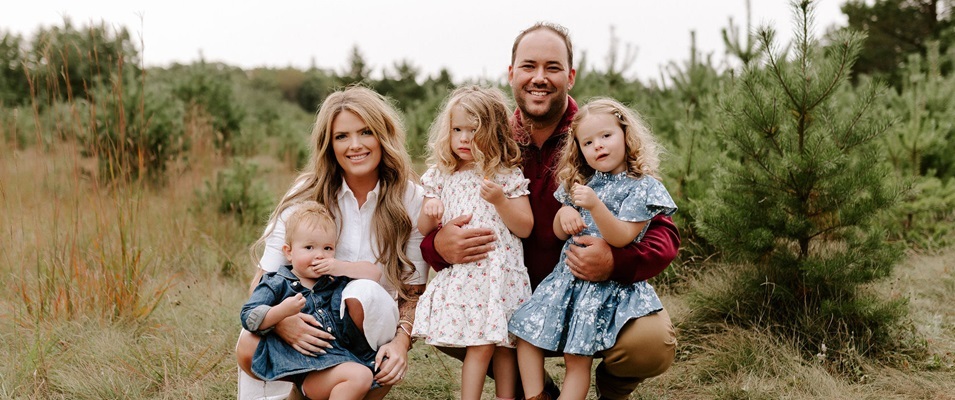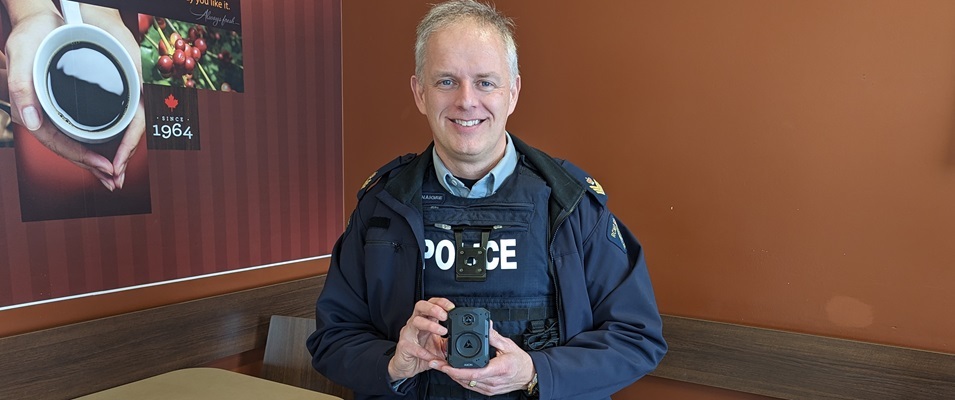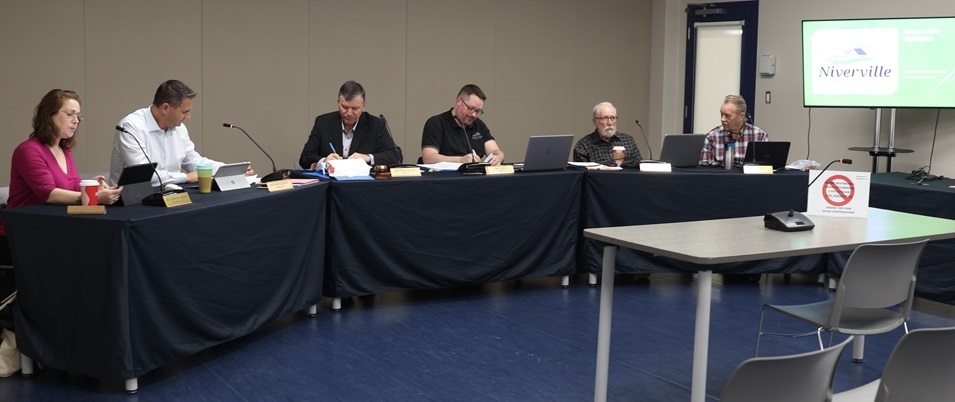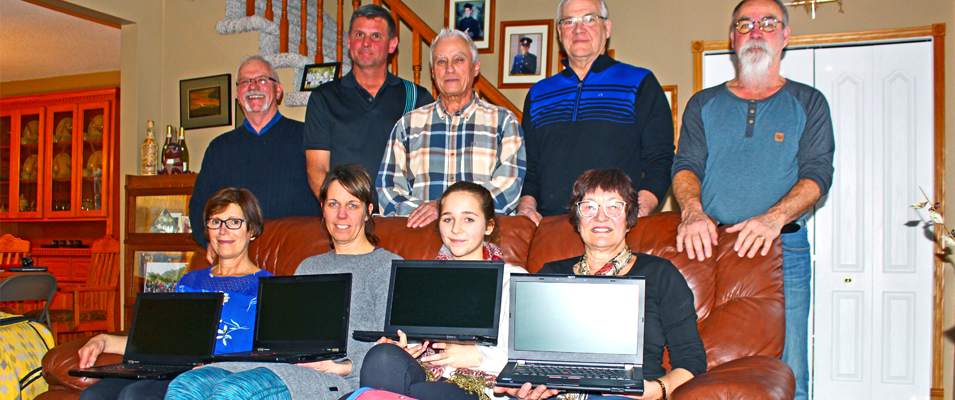
Escaping the Manitoba chill for a tropical climate has become like a winter sport for many of us. Some of us can’t wait for the beaches and nonstop mojitos, while others just need a change of scenery. Still others want their winter getaway to have purpose and bear fruit. Red River Mission (RRM) are just those kinds of people.
RRM is a not-for-profit organization committed to helping the less fortunate in third-world countries. Before we let the term “organization” fool us, the RRM is really a group of five big-hearted individuals, four of them residents of St. Adolphe and one of Winnipeg.
“I had wanted to do some humanitarian work and friends of mine were going to the Dominican Republic,” says Denis Robert of how the group got its start. “I heard about it and ended up going with them. Even while I was there, I said, ‘I’m going to go back and organize a group at my parish.’ So I went to the parish priest and we established a group and it became obvious from the beginning that it was going to be way more than [people from] St. Adolphe. The first year we were 11 [volunteers] and we’ve been going ever since.”
That was ten years ago. The group has morphed and changed since its beginning in 2008, new volunteers joining the mission every year under the guidance of Robert and his team of coordinators. But the focus has always been the same: to deliver love, friendship, and aid to orphans.
To date, the RRM has travelled to the Dominican Republic, Bolivia, and Peru. In late January of this year, a team of 12 headed to Casa Santa Rosa, a Peruvian orphanage, for the fourth year in a row.
Casa Santa Rosa is a unique orphanage, housing over 100 boys and girls. Unique because it defies many stereotypes. As a matter of fact, they don’t even use the term orphanage, but rather albergue, the Spanish term for hostel or inn. Here, a series of family-style brick homes dot the grounds, each housing a group of children ranging in age from infant to young adult. Each home is run by local house parents, known to the children as Tío and Tía (Uncle and Aunt).
According to Robert and his team, building a strong sense of family is a priority. Children are given the option to come here, but it’s not enforced. Few turn it down. Other children with birth families of their own often demonstrate jealousy for the children living at Casa Santa Rosa.
On the grounds of the Casa, you’ll find a common dining hall, therapy rooms, a clinic, and a library. Volunteers have constructed playgrounds, soccer and volleyball fields, vegetable gardens, and an orchard. Thirty-nine staff and dedicated volunteers provide support in tutoring and physical and occupational therapy, helping children through learning, motor, and cognitive issues.
“The kids never reach an age where they are too old to be there,” says Robert. “They live as a family in houses on the compound. They really have a fine sense of what a family is and what sharing is all about. They leave of their own accord, once they’ve been educated and feel that they are ready to go out into the world. And they are always welcome to come back for visits.”
Robert adds that most of the children from albergues such as Casa Santa Rosa grow up to be well-adjusted, contributing members of society. This kind of orphanage system is only possible due to the dedicated volunteer foundations that stand behind them. Orphanages in Peru aren’t subsidized by the government.
RRM has been volunteering under the umbrella of Friends of the Orphans Canada (FOTOCAN). FOTOCAN, in turn, partners with Nuestros Pequeños Hermanos (NPH), Spanish for Our Little Brothers and Sisters. NPH began when a priest started a home for boys in 1954 and it grew from there. Their mission is to “provide homes in which the children receive food, clothing, health care and education in a family environment based on the principles of unconditional acceptance and love, sharing, work and responsibility.”1 Their focus is in Latin America and the Caribbean.
But while it’s evident that these orphans are the blessed recipients of volunteer efforts, the RRM team would argue that their own lives have been changed in equal measure.
“It’s the most awesome experience ever,” says Corey Bossuyt of RRM.
This year, Bossuyt’s wife and 14-year-old stepdaughter will be joining him. As the group gathers to organize their suitcases of gifts for the orphanage just days before departure, there is a collective agreement among them: there is absolutely no better way to spend a winter vacation in a tropical climate.
To make this trip possible, the RRM team spends the better part of a year fundraising and collecting a mini-mountain of practical items for the orphans, enough to fill five 45-pound suitcases. Nine laptops will also accompany them. These will be distributed to the children going into post-secondary education to ensure that they’ll have all the advantages of their non-orphaned peers. On their own, each team member also brings goodie bags stuffed with toys and candy.
Upon arrival, they will treat the children to a pizza party.
“We asked the [Casa] director, ‘What can we do for the kids that they never get?’” says Robert. “He said, ‘They never get pizza.’ The minute they see us come into the orphanage now, you can see pizza written all over their faces.”
The RRM volunteers will be housed in a tent village right on the Casa grounds. For many of volunteers, sleeping in a tent for two weeks is part of the appeal. Their fundraising dollars will also be used to pay the local cook who feeds them. While onsite, volunteers will be putting in intense hours to build a roof for the Casa dining hall as well as a lean-to so the children can relax outdoors in a region where the temperatures often reach 35 to 40 degrees Celsius.
Downtime will include having fun with the kids, playing soccer and tie-dying T-shirts that the volunteers brought along. Each year, they plan a new and interactive activity as a way to get to know the children better.
Each RRM volunteer must pay for their own travel and boarding expenses, which amounted to $1,700 per person this year. Operating under FOTOCAN, each member must also contribute an additional $1,250 to further the cause of the organization. They can either pay it out of pocket or run their own fundraising campaign.
Their total fundraising goal this year came to $20,000. They managed to surpass that by $5,550 due to the generosity of their donors. The team busies themselves with fundraising events throughout the year by way of socials, spaghetti suppers, cake auctions, Bud & Spud nights, and sending letters to previous donors and churches that have supported them in the past. Many of the members belong to churches who also stand behind them financially.
“People in my circle know that I do this, and they will actually ask when I’m going because they’re prepared to donate,” says Bossuyt.
Laurie Beachell, a first-time volunteer with RRM, says his church in Rosser stood behind him from the start.
“The kids in our Sunday school held a pancake breakfast last Sunday and raised $355,” says Beachell. “I just let friends, family, and members of the church know and it just happens.”
But flying out to volunteer in Peru isn’t the only way these philanthropists give to the orphans they’ve come to know and love. Many of them have become long-term sponsors, meeting a special child at the Casa and supporting them throughout the year with donations to the umbrella organizations on their behalf. Twenty-five children have been sponsored over the years by RRM members.
“Sponsorship is critical,” says Robert, “not only in helping the orphanage survive but in giving them an adult that they can relate to that they know really cares for them.”
Anyone is welcome to join the RRM in their humanitarian mission. Robert says their volunteers over the years have come from every age bracket and denomination and none have walked away without a feeling of satisfaction and purpose.



